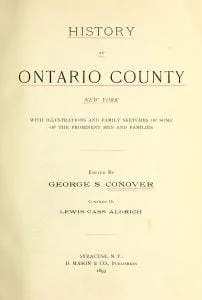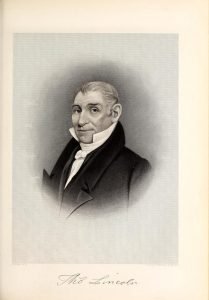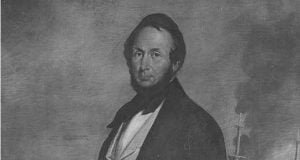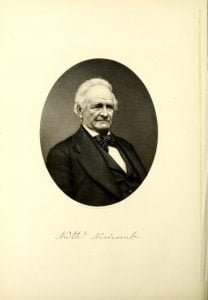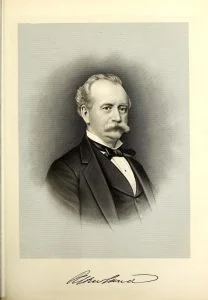Henry Howland, the progenitor of the Ancient Dartmouth Howland family, the branch here specially considered, lived at Duxbury. The first mention of him in New England is that made in the allotment of cattle to the different families in Plymouth in 1624. Perhaps none of the colonists has a better record for intelligence, thrift, uprightness and unmixed faith in the Divine One than Henry Howland, and these virtues have permeated the lives of his posterity. In general they are a family of great respectability, and as a people thrifty, economical and good managers of finance, most of them having a fair share of this world’s goods – some amassing millions. Henry Howland was made a freeman in 1633; was chosen constable for Duxbury in 1635; bought land there in 1640; was for some years surveyor of highways; served repeatedly on the grand jury, etc. He joined the Society of Friends, perhaps in 1657, and was not a little persecuted thereafter on this account. In 1652, associated with others, he bought a large tract of land in Dartmouth; was one of the twenty-seven purchasers of what is now Freetown in 1659, and in the division of 1660 he received for his share the sixth lot, which was afterward inherited by his son Samuel Howland. He was one of the grantees of Bridgewater but never lived there. Mr. Howland married Mary Newland, and both likely died at the old homestead in Duxbury.

